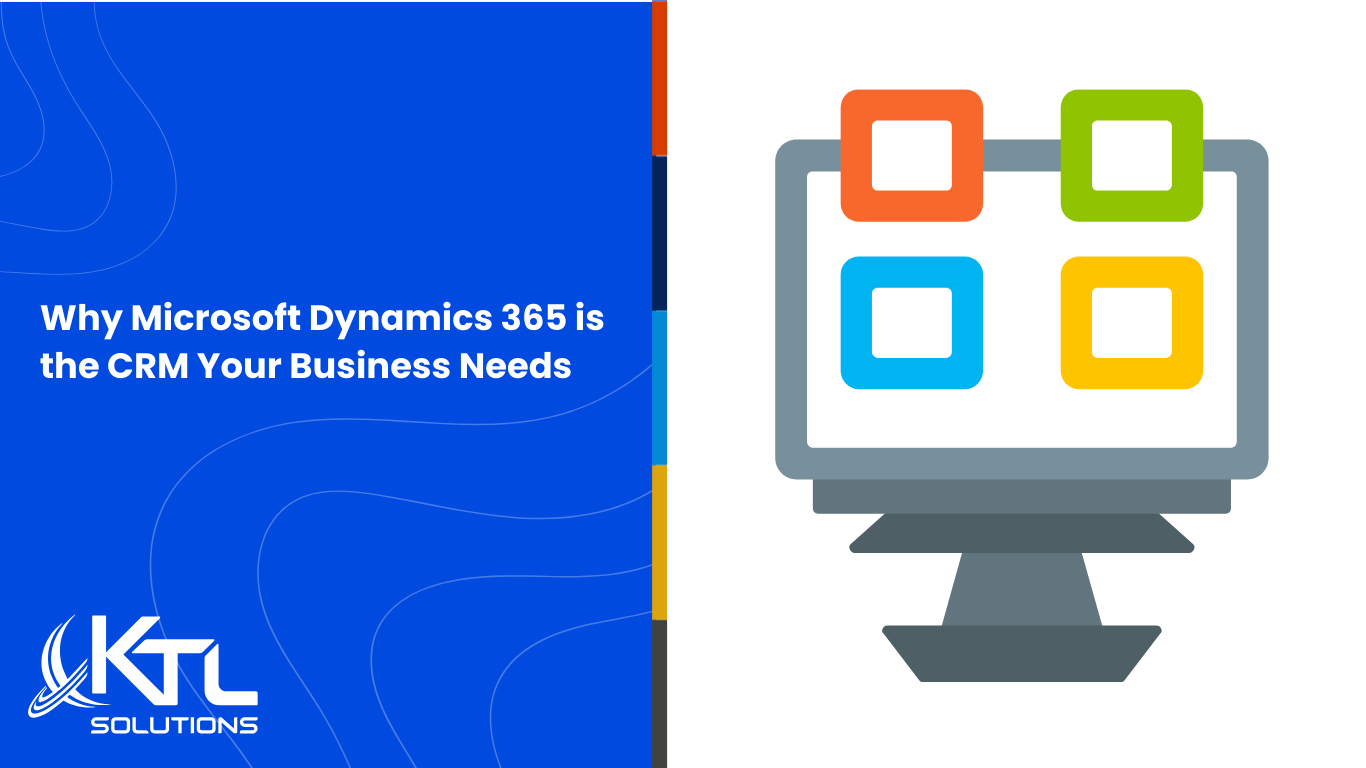I am sure if you are planning and contemplating a new ERP or CRM implementation you might be asking yourself can I do this on my own? Depending on the size of your company and the experience of your IT, Accounting/Finance or Business Development staff the answer maybe YES. But the real questions is, should you?
There is no getting around the fact that ERP and CRM deployments are major undertakings that require proper planning and execution. While it may seem that doing it yourself will save you money we have several examples illustrating exactly the opposite. Have you seen the shows on TV where a homeowner decided they were going to tackle a home improvement or home repair project to save some money only to have made the issue worse and then had to call in a plumber or contractor to save the day? The result was that the project took twice as much time and cost them twice as much to complete than if they would have just work with the professionals from the beginning.
I meet with owners, executives and managers of lots of different companies and the clear majority of them would never consider DIYing their ERP or CRM implementations so I am not talking to you if you fall into this category. But, for those of you that would contemplate such an undertaking continue reading.
Deployments are not just Deployments
As I mentioned earlier deploying a new ERP or CRM platform is a significant undertaking. You don’t just wake up one day and say, “I want to go deploy a totally new platform and transform my entire business”. When we begin our discussions with prospects we typically find that they are running old versions (maybe even un-supported) of their ERP/CRM software and have not stayed current with updates or new releases. Why do these organizations lag so far behind? Because they decided that the pain required to implement incremental updates and newer versions was to great! ERP and CRM implementations are complex and yes sometimes even painful projects but keeping your technology current is key to maximizing its potential. Deploying a new platform is not as simple as replacing a legacy system with a newer software platform. These deployments always include business process changes that requires the input and cooperation from all impacted employees.
Keys to a Successful Microsoft Dynamics ERP/CRM rollout
The most important decision you will makes in your implementation project will be selecting the selecting a Certified Microsoft Partner. Your ERP/CRM Platform is critical to the success of your business and selecting the right partner is critical to the success of your deployment. Your business requires a partner who has experience installing, configuring and deploying the ERP/CRM application you select and implementing it to your exact requirements. Microsoft Partners are experts in the deployment of Microsoft Dynamics applications. They know what has worked in the past and what hasn’t and can help you avoid missteps.
As a Microsoft Dynamics partner let me some other best practices that are critical to a successful implementation:
- Know your Requirements and Choose the Right Solution – This is a critical phase and one we find that is frequently skipped. This key planning and analysis phase is where you determine your business needs and outline what your ideal Microsoft Dynamics solution includes. The Microsoft Dynamics ERP and CRM product offering is very broad and each solution has its differences in its functionality. There is no one-size fits all approach. At KTL Solutions we call this phase the Joint Application Design (JAD) or Functional Requirements Document (FRD) phase and this step is critical to determine the strategy and scope of work.
A JAD/FRD is where, together, you and your Microsoft Partner determine the critical business requirements and processes that must be in place at Go-Live and gather the information necessary to complete the implementation of the Microsoft Dynamics solution. The JAD/FRD process will allow you to determine and document your critical business processes, identify the key data points to be tracked and use these business requirements to ensure a successful implementation. Additionally, the JAD/FRD will allow you and your Microsoft Partner to select the right Microsoft Dynamics application for your organization and prepare a detailed project timeline for completion of the Configuration, Data Migration, Implementation and Training.
This is a collaborative process not just between you and your Microsoft Partner but you need to make sure you include ALL the key stakeholders in your organization in this process. Yes, the process needs to include senior management and supervisors but we frequently find that front line staff have unique and valuable insights and are significant contributors to the process. By interviewing and including all the key stakeholders you can determine existing functionality and process flows and create system goals for the newly implemented solution.
The more time you spend in this phase of your implementation will insure that you and your Microsoft Partner will select the right Dynamics application and it will better equip you as you move through this implementation process.
- Set Realistic Expectations – Microsoft Dynamics software is powerful technology that can streamline processes, reduce costs, improve service and completely change that way your company does business. But this will not happen overnight. ERP and CRM implementations will impact both front-office and back-office departments like accounting, ecommerce, inventory management, sales, and customer service and this all needs to be integrated to create seamless experience for end users. All of this takes careful planning and time to execute. Experienced Microsoft Partners are experts at making sure your implementation is scoped properly which will assist you in accelerating your implementation project.
- Provide Adequate Staff Resources – As I mentioned earlier ERP and CRM implementations are big undertakings that involves money, time and effort. So before taking on any new ERP or CRM implementation you need to make sure that you have adequate staff resources to see it through to completion. This seems like an obvious point but many clients underestimate these staffing resource requirements which will lead to stressed out, overworked and unhappy employees as well as an unsuccessful installation. Working with a Microsoft Partner will significantly reduce the staff resources required compared to a DIY implementation, but any implementation will require you to refocus the responsibilities for those team members that are part to the project team. This means that even for those employees not directly on the project team they will also play a part in the implementation because they will have to pick up some of the responsibilities of their team members.
Project team members are critical to implementation success and need to be available and assist in:
- Requirements Planning and the JAD & FRD Phase
- Project Status Meetings
- Planning Data Migration from Legacy systems
- User Acceptance Testing (UAT)
If project team members day-to-day responsibilities are not adjusted allowing them to focus on implementation tasks different phases of the project will suffer and will negatively impact the implementation.
So, we have covered a lot of ground discussing Microsoft Dynamics ERP & CRM implementations. I hope that if you were contemplating DIYing your company’s implementation, that after reading this you have determined that it is not a good idea to go it alone.
I hope I have made it clear the pitfalls that exist in any implementation project and why selecting a Certified Microsoft Partner to assist you in this journey is the best decision you can make. In closing let me outline a few more reasons why selecting a Microsoft Partner and not DIYing your Microsoft Dynamics implementation is the way to go:
- Proven Expertise – Microsoft Partners are experts will be able to develop your solutions to suit your organization, thereby streamlining your company’s operations and making them more effective.
- Top-tier solution support – Microsoft Dynamics partners provide training and other support benefits to their clientele.
- Quick and easy deployment – Microsoft Dynamics partners can deploy Microsoft Dynamics solutions more quickly than non-partners, as they will know exactly what you need and be able to bring it to your business quickly and effectively. This makes transitioning from another CRM or ERP solution a less time-consuming task, and reduces any potential downtime.
So, if you are considering implementing a new ERP or CRM application and you don’t want to go it alone, please contact me at sreid@ktlsoltions.com and we can discuss how we can help you on this journey.




































